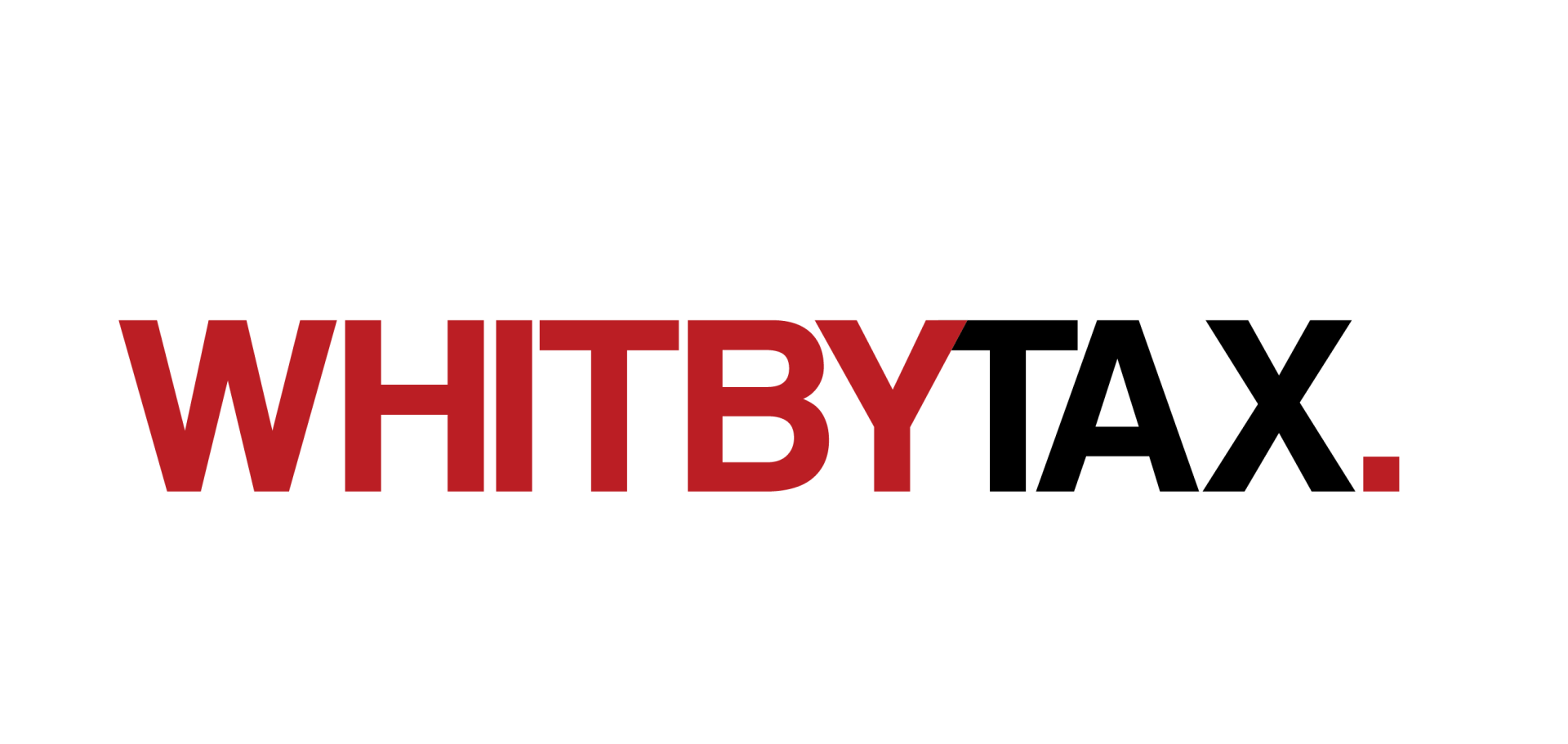When Does the Tax Year Start And End in Canada - Whitby Tax

For many individuals and businesses in Canada, tax season can be a stressful time. Understanding the tax year's start and end dates is crucial for effective financial planning. This blog post aims to shed light on the Canadian tax year, its start and end dates, and how it impacts business taxes in Canada.
The Basics of the Canadian Tax Year
The Canadian tax year aligns with the calendar year, starting on January 1st and ending on December 31st. This is different from some other countries like the United States or United Kingdom where their fiscal year does not necessarily align with the calendar year.
For most individuals, this means that all income earned within this period must be reported on their income tax return for that year. The deadline to file your income tax return as an individual is typically April 30th of the following year. For example, for income earned in 2023 (January 1st to December 31st), your income tax return would need to be filed by April 30th, 2024.
Understanding Business Taxes in Canada
When it comes to business taxes in Canada, things can get a bit more complicated. Corporations do not follow the calendar year; instead, they operate on a fiscal year which they can choose themselves when they incorporate. The fiscal period cannot exceed 53 weeks (or 371 days if it's a leap year).
Corporations are required to file their corporate income tax return (T2) within six months of their fiscal year-end date. For example, if a corporation's fiscal year ends on June 30th, they would have until December 31st of that same year to file their T2 return.
However, while corporations have six months to file their returns after their fiscal period ends, any taxes owed must be paid within two months after the end of the fiscal year. For small Canadian-controlled private corporations (CCPCs), this deadline is extended to three months.
Self-Employed Business Taxes in Canada
For self-employed individuals and their spouses or common-law partners, the tax year follows the calendar year, similar to individuals. However, they have until June 15th of the following year to file their income tax and benefit return. Despite this extended deadline for filing, any balance owing is still due no later than April 30th.
It's important for self-employed individuals to keep track of all business-related expenses throughout the year as these can be deducted from their income to reduce their overall tax liability.
Planning Your Finances Around the Tax Year
Understanding when the tax year starts and ends in Canada is critical for both personal and business financial planning. It allows you to plan ahead for your tax liabilities and ensures that you file your returns on time to avoid penalties.
For businesses, aligning financial planning with the fiscal period can help improve cash flow management. This includes budgeting for tax payments, making strategic decisions about capital investments, and planning for potential business growth.
In Canada, while the tax year for individuals aligns with the calendar year, businesses have more flexibility in choosing their fiscal period. Understanding these timelines is essential for managing personal finances and operating a successful business.
Whether you're an individual taxpayer or a business owner, it's always recommended to consult with a professional accountant or tax advisor who can provide guidance tailored to your specific situation. By staying informed about your obligations regarding business taxes in Canada, you can ensure that you're meeting all requirements while maximizing your potential savings.











